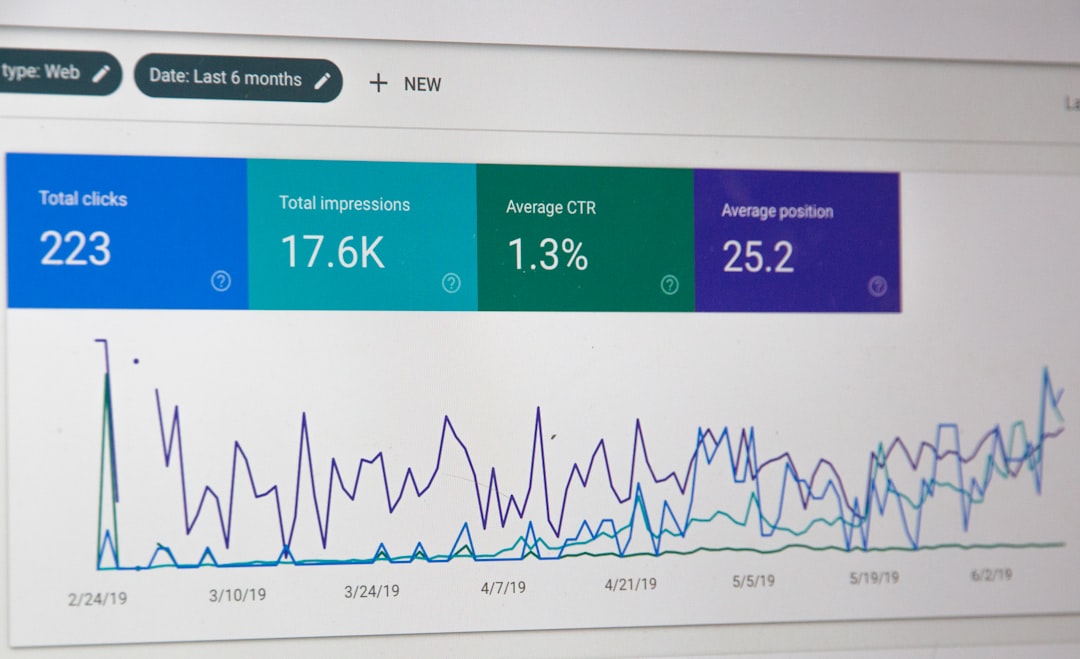The Power of Personalization in Marketing: How to Tailor Your Message to Individual Consumers
The Power of Personalization in Marketing: How to Tailor Your Message to Individual Consumers
As marketers, our goal is to connect with consumers and convince them to take action. However, with the rise of digital advertising and the overwhelming amount of content available, it has become increasingly difficult to capture and hold the attention of our target audience. This is where the power of personalization comes into play.
Personalization in marketing refers to the practice of tailoring your message and content to individual consumers based on their preferences, behaviors, and demographics. By delivering highly relevant and customized experiences, businesses can create stronger connections with their audience and drive better results.
Why is personalization important?
First and foremost, personalization helps cut through the noise and stand out in a crowded marketplace. When consumers feel like a brand understands their needs and speaks directly to them, they are more likely to engage and respond positively. This can lead to increased brand loyalty, higher conversion rates, and ultimately, greater revenue.
Moreover, personalization allows businesses to deliver the right message to the right person at the right time. By analyzing customer data and behavior, you can identify patterns and preferences that enable you to serve targeted content and offers. This not only enhances the customer experience but also improves the efficiency and effectiveness of your marketing efforts.
How to personalize your marketing strategy
1. Collect and analyze customer data: Start by gathering information about your customers, such as their demographics, purchase history, and online behavior. Utilize tools like customer relationship management (CRM) systems and website analytics to gain insights into their preferences and interests.

2. Segment your audience: Once you have collected enough data, segment your audience into different groups based on common characteristics or behaviors. This allows you to create targeted campaigns that resonate with each segment's specific needs and interests.
3. Develop personalized content: Tailor your messaging, offers, and content to each segment. Use their preferences and behaviors to create personalized email campaigns, dynamic website content, and customized product recommendations. The more relevant and specific your content, the more likely it is to resonate with your audience.
Best practices for personalization
1. Use dynamic content: Implement dynamic content on your website and emails to automatically display personalized information based on the user's profile or behavior. This can include personalized greetings, product recommendations, or targeted offers.

2. Leverage automation: Take advantage of marketing automation tools to deliver personalized messages at scale. Set up triggered emails based on specific actions or events, such as abandoned carts or birthdays, to provide relevant and timely communication to your customers.
3. Test and optimize: Continuously test different personalization strategies and measure their impact on key metrics. Use A/B testing to compare different variations of your messaging and content to determine what resonates best with your audience.
The future of personalization
As technology advances and consumer expectations evolve, personalization will become even more crucial in marketing. With the rise of artificial intelligence and machine learning, businesses will have access to more sophisticated tools and algorithms to deliver hyper-personalized experiences.
However, it's important to strike a balance between personalization and privacy. Consumers are becoming more aware of data privacy concerns, so it's essential to be transparent and ethical in your data collection and usage practices.
In conclusion, personalization is a powerful marketing strategy that can help you connect with your audience on a deeper level. By tailoring your message to individual consumers, you can create meaningful experiences that drive engagement, loyalty, and ultimately, business growth.
Belum ada Komentar untuk "The Power of Personalization in Marketing: How to Tailor Your Message to Individual Consumers"
Posting Komentar